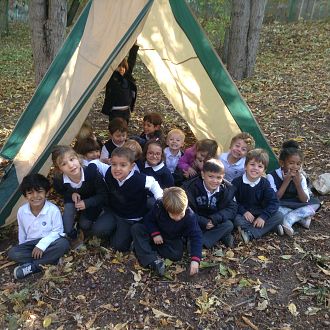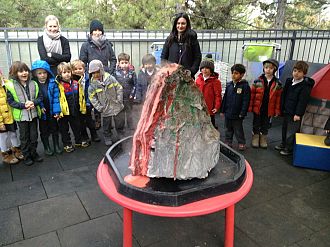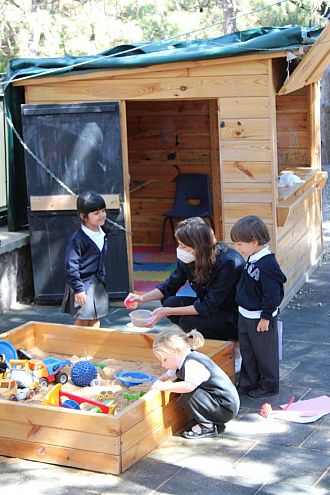Overview
What do the children in Nursery and Reception do?
BESA follows the Early Years Foundation Stage Framework for England supported by the International Early Years Curriculum (IEYC) Units of work.
The Early Years Foundation Stage framework sets out 7 areas of learning and development essential for enabling children to reach their potential. All areas of learning are important and interdependent. The three Prime areas are:
-
Communication and Language
-
Physical Development
-
Personal, Social & Emotional Development
These Prime Areas are particularly crucial for igniting children’s curiosity and enthusiasm for learning, and for building their capacity to learn, form relationships and thrive. The EYFS framework identifies age specific areas of learning and development which the children should achieve by the end of the Foundation Stage. The Prime areas are strengthened and applied in four specific areas, which are:
-
Literacy
-
Mathematics
-
Understanding the World
-
Expressive Arts & Design
Each half term the Nursery & Reception Classes work together on IEYC Units that allows for exploration of these Prime & Specific areas in depth as well as providing additional opportunities for learning. The IEYC programme also helps children to become familiar with the IPC (International Primary Curriculum) learning process for each unit and better prepares them for progression to the IPC main programme once they reach the end of the Foundation Stage and enter formal education.
IEYC Units are usually taught on a two year cycle to avoid repetition for early years children and to ensure that as many units as possible are covered. Examples of units taught previously at BESA include ‘This is Me’, ‘Once Upon a Time’ and 'Blast off'.
Much of the learning that takes place in the Foundation Stage is play-based. Through play children explore and develop learning experiences which helps them make sense of the world. They practise and build up ideas and learn how to control themselves and understand the need for rules. They have the opportunity to think creatively alongside other children as well as on their own. They communicate with others as they investigate and solve problems. Through role-play the children experience a variety of situations. Much of the learning that takes place in the Foundation Stage is play-based. Through play children explore and develop learning experiences which helps them make sense of the world. They practise and build up ideas and learn how to control themselves and understand the need for rules. They have the opportunity to think creatively alongside other children as well as on their own. They communicate with others as they investigate and solve problems. Through role-play the children experience a variety of situations.
In the Reception class the style of teaching starts to become more formal as the year progresses to prepare children for entry into Year One. There is a greater emphasis on Literacy and Mathematics, with children being expected to be able to work in a traditional manner for at least part of the day and able to concentrate on the tasks they have been set.







